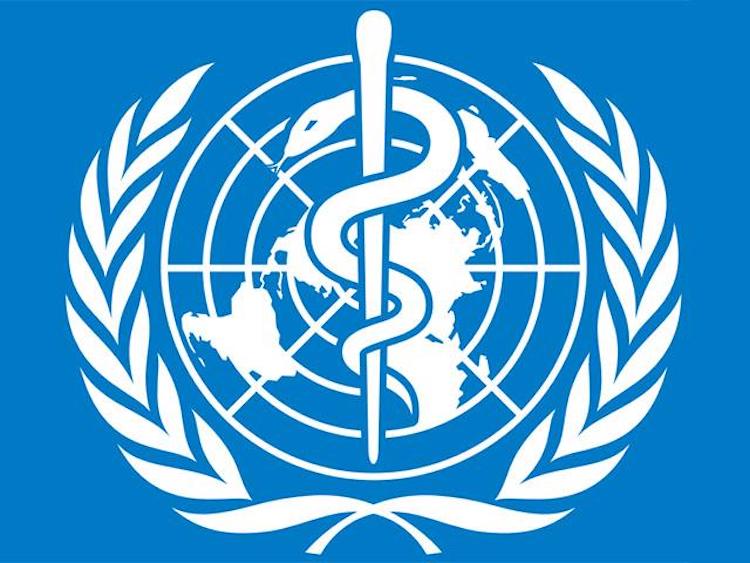Cases of Mystery China Virus Spread To Other Cities

China has now reported 139 new cases of a mysterious virus in two days, although experts say the figure could be much higher. The new cases came to light in the cities of Wuhan, Beijing and Shenzhen.
South Korea, Thailand and Japan have also reported their first case, now identified as being a strain of coronavirus.
So far, 200 infections have occurred, with three deaths. According to the WHO, the source of the outbreak is still under investigation in Wuhan. Preliminary investigations have identified environmental samples positive for nCoV in Huanan Seafood Wholesale Market in Wuhan City, however some laboratory-confirmed patients did not report visiting this market. Additional investigations are needed to determine how the patients were infected, whether human-to-human transmission has been observed, mode(s) of transmission, the clinical spectrum of disease, and the extent of infection, including presence of subclinical cases that are undetected with current surveillance. “It is critical to review all available information to fully understand the extent of transmissibility between people and likelihood of zoonotic spillover”, the WHO stated. WHO advice
Although the source of the novel coronavirus causing this cluster of pneumonia and the mode(s) of transmission are unknown, it would be prudent to remind populations and health workers of the basic principles to reduce the general risk of transmission of acute respiratory infections:
WHO advice
Although the source of the novel coronavirus causing this cluster of pneumonia and the mode(s) of transmission are unknown, it would be prudent to remind populations and health workers of the basic principles to reduce the general risk of transmission of acute respiratory infections:
So far, 200 infections have occurred, with three deaths. According to the WHO, the source of the outbreak is still under investigation in Wuhan. Preliminary investigations have identified environmental samples positive for nCoV in Huanan Seafood Wholesale Market in Wuhan City, however some laboratory-confirmed patients did not report visiting this market. Additional investigations are needed to determine how the patients were infected, whether human-to-human transmission has been observed, mode(s) of transmission, the clinical spectrum of disease, and the extent of infection, including presence of subclinical cases that are undetected with current surveillance. “It is critical to review all available information to fully understand the extent of transmissibility between people and likelihood of zoonotic spillover”, the WHO stated.
 WHO advice
Although the source of the novel coronavirus causing this cluster of pneumonia and the mode(s) of transmission are unknown, it would be prudent to remind populations and health workers of the basic principles to reduce the general risk of transmission of acute respiratory infections:
WHO advice
Although the source of the novel coronavirus causing this cluster of pneumonia and the mode(s) of transmission are unknown, it would be prudent to remind populations and health workers of the basic principles to reduce the general risk of transmission of acute respiratory infections:
- Avoiding close contact with people suffering from acute respiratory infections
- Frequent hand-washing, especially after direct contact with ill people or their environment
- Avoiding unprotected contact with farm or wild animals
- People with symptoms of acute respiratory infection should practice cough etiquette (maintain distance, cover coughs and sneezes with disposable tissues or clothing, and wash hands)
- Within healthcare facilities, enhance standard infection prevention and control practices in hospitals, especially in emergency departments
- WHO does not recommend any specific health measures for travellers. In case of symptoms suggestive of respiratory illness either during or after travel, the travellers are encouraged to seek medical attention and share their travel history with their health care provider.
Latest Videos
















